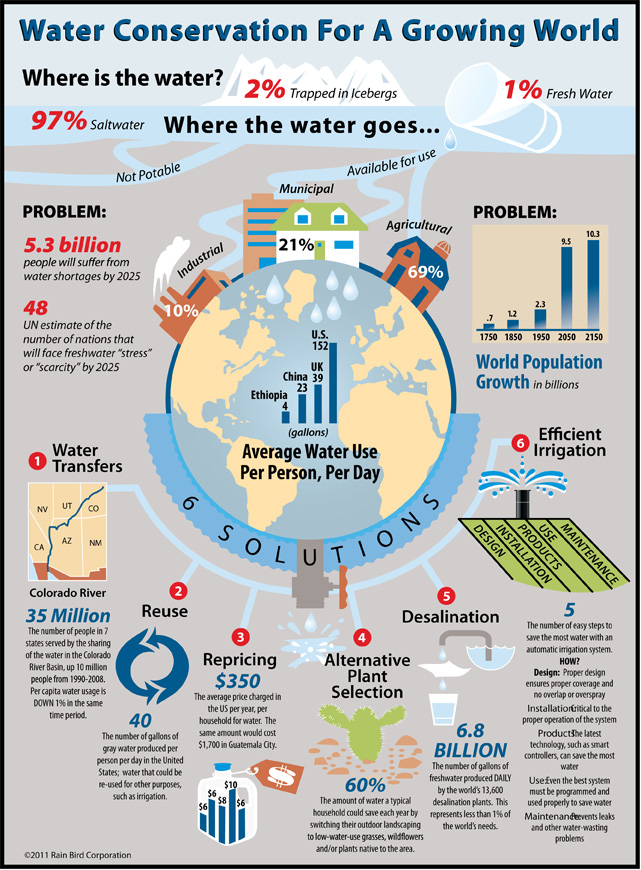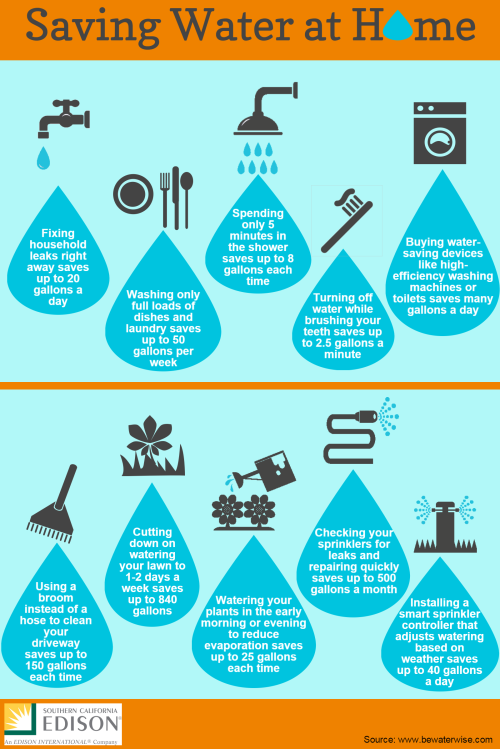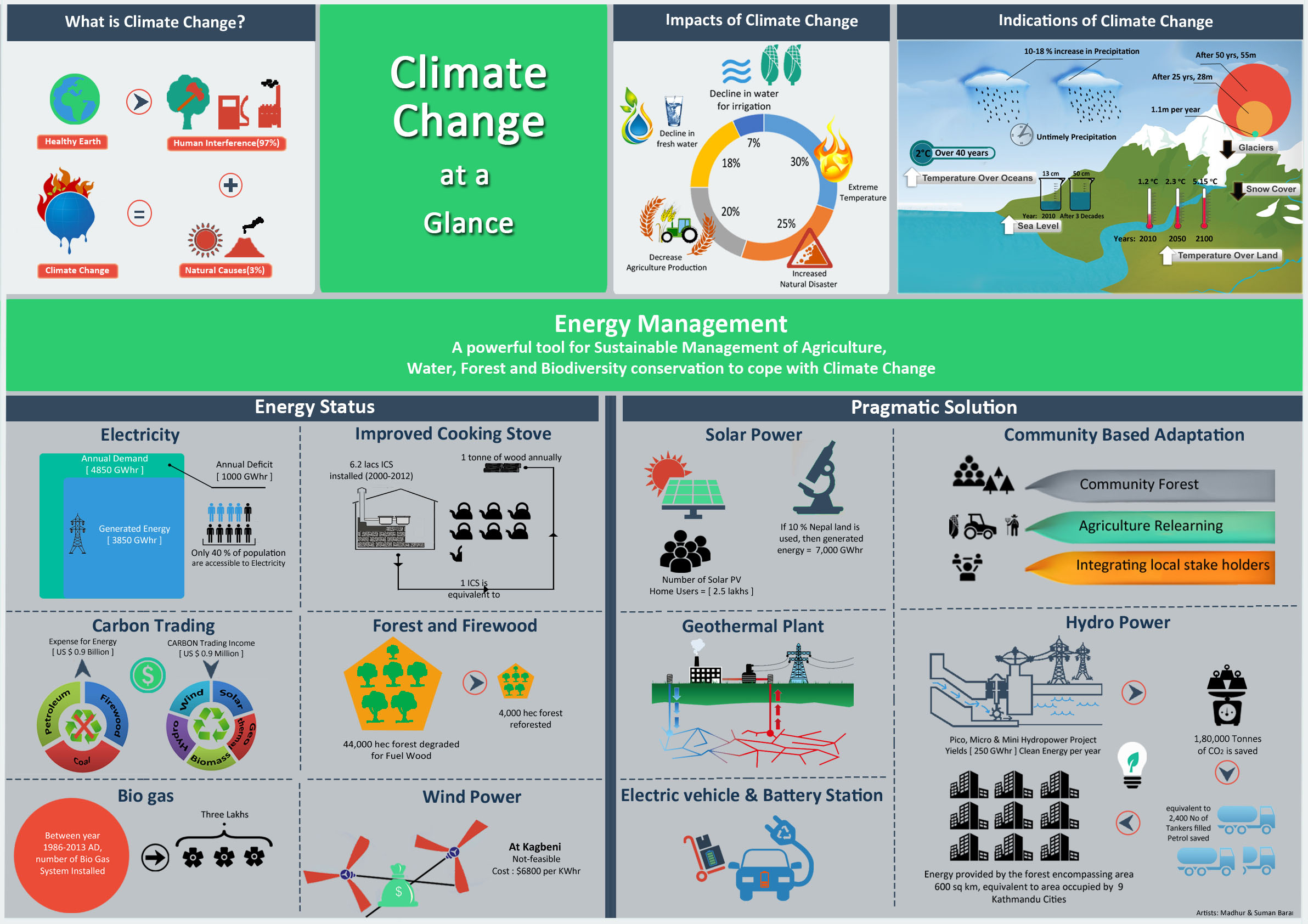Blogs
As we all know, we human beings depend on the environment especially in terms of resources. One of the resources we often used is water since this is very essential for us to survive. Water comes in different forms such as lakes, rivers, oceans, seas and other bodies of water. Water may be one of the most abundant resources we have since it covers almost 70% of Earth but this can lead us to have an idea that we can abuse our consumption of such resource. If you think about it, we actually use water every day; for us to drink, to take showers and clean. These are only one of the many ways we use water.
All of us leave a water footprint in which in this case involves the consumption of water in various products. Water is usually used in the process of producing such products like crops in which to harvest them we have to plant them which involves giving them water to grow. In our world today in which its population is increasing, this leads to a large amount of water being used for such crops and as we all know there is a variety of crops we either consume as is or use it to feed animals which also involves the usage of water. The more complicated the process of producing products, more water is involved.

To give you a firmer grasp, this is an approximation of how much we use water internationally in terms of food that is seen at the left side of the picture. At the right side, it showed the amount of water consumed in Europe only. If you observe how much water is used, think of how much more water is consumed if we combine the water usage of every continent. A lot right?
At first I didn't thought that we use water this much until our elective class was tasked by the school to play a water consumption activity a few days ago. To further elaborate this scenario, the activity involves asking you questions about how much water you use in a specific activity. An example of this is "How often do you take showers per day or per week?" and it will give you choices for you to pick and you can adjust the number of times you take showers; in my case its 2 times a day which gives a total of 14 a week. After answering the variety of questions, the result was actually shocking since in terms as a individual I consume 1 244 gallons per day while in terms of as a household it was 32 211 gallons per day. In our class, most had a monthly water usage that is less than 30 cubic meters, but 8 students had a monthly water usage of between 43 to 56 cubic meters and 2 students had 80 and 98 cubic meters as their monthly water usage, respectively. Such results made me ponder on how much water I consume and the impacts of consuming such a month per day. This led me to search ways in order to at least make consume water less as much as I can. Here's two infographics I found in the internet if you also want to at least know what you can do to minimize your consumption of water which depends on the lifestyle you have and some solutions that can be used in a community that you can take part in.


An issue I would like to discuss is climate change which is probably something we've all heard about in which this gives extreme weather conditions which for example here in the Philippines is experiencing; one moment its all sunny but after a while it will start raining but its still sunny. Weird right? But that's actually an example of climate change. So there was also an activity that I played which involves climate change in which we were chosen to be the President of Europe and are tasked to decide on laws and policies to grant through picking cards that shows their pros and cons if we were to grant such laws and policies. Before starting to play the said activity, I thought being in such high power was easy in terms of making choices for the public, negotiating with the other leaders and how to be environmentally friendly. I guess this activity proved me wrong since it was very difficult since making such choices gives a great impact to both the public and the environment.
In my opinion, the impacts that the cards gave like for example, the conversion of landfills to biogas have given the result of increasing the nations storage capacity in terms of energy and in addition, as far as I can remember, decreases the amount of carbon emissions which appeals to the environment. When I researched about the card if such results were true or at least accurate, there is actually some truth to it since biogas is a resource made out of organic matter so if we were to use it, it would be decreasing the carbon emissions and increase the storage of the nation in terms of its energy resource since its renewable.
After playing such activity, like the issue on water scarcity, this also made me ponder on possible solutions to resolve such issue. It expanded my knowledge of possible solutions for climate change because of the cards presented in the activity which I tried to search on some that caught my attention like the conversion of landfills into biogas. Again, I saw another infographic in the internet that shows possible solutions and also somehow a summary of what climate change is.

With all these solutions, should we start a movement involving these two major environmental issues? If we, the youth, start a movement about this, this can give a ripple effect; a ripple effect that can change the environment for the better. We all ask for change but why not start change? If people see how we care about the environment in which we speak about it and finding solutions for it, maybe just maybe we can influence others to do the same. One change is still change; what more if this continues to spread? Let's face it, probably a lot of us know these issues and somehow have a grasp of what solutions we can do to help but we tend to ignore it since its probably inconvenient for us. But consider the fact that if we don't start now, we'll probably only realize and regret of not taking action in this movement when its too late.
